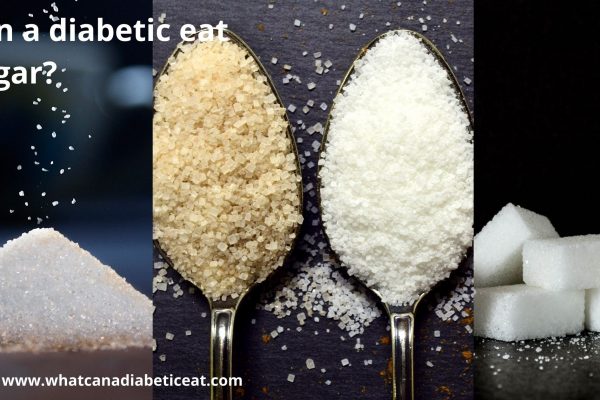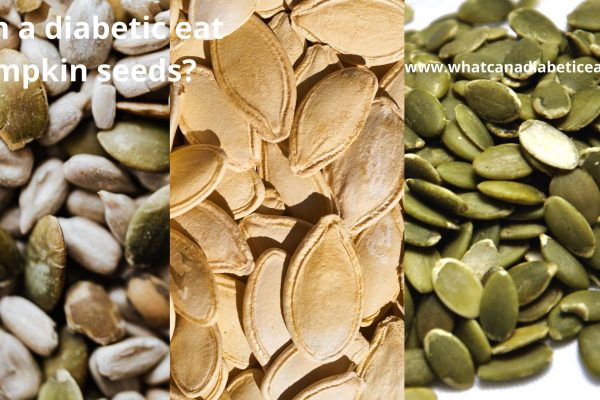If you ask ‘Can a diabetic eat cheese?’, the simple answer is yes a diabetic can safely eat cheese. As we know, a diabetic needs to eat a balanced diabetic meal every time and cheese can be part of that diabetic meal. Cheese can be one of the best snacks for diabetics if certain care is taken while eating cheese. However, as with any other food for diabetics, caution is important when eating cheese.
Does cheese cause rise in blood sugar levels?
Many varieties of cheese are generally low in glycemic index. Being a food with low GI, cheese releases glucose into blood relatively slowly. A slow release of glucose means cheese does not normally raise blood sugar levels much. However, in many cases the other foods like crackers that you eat with cheese can cause spikes in blood sugar.
How much cheese can a diabetic eat?
Firstly, a diabetic needs to watch the portion size while eating cheese. Too much cheese may add too many calories to a diabetic meal. Hence a diabetic can eat cheese in reasonable portions.
Calories
It is also important that diabetics choose low calorie varieties of cheese to eat. High calorie cheese may cause weight gain in diabetics which further complicates general health of a diabetic. However eating low calorie cheese as part of balanced diabetic meal can be helpful.
Cheese is also generally high in saturated fat. To keep saturated fat minimum in a diabetic meal, a diabetic needs to watch the portion size of cheese in the meal.
Additives in cheese
Another thing a diabetic needs to be wary of is the additives in cheese. Some varieties of cheese come with too much added salt in them. High salt in a diabetic meal can increase the risk of high blood pressure, stroke and heart disease. So a diabetic needs to make sure only low salt cheese is included in the diet.





